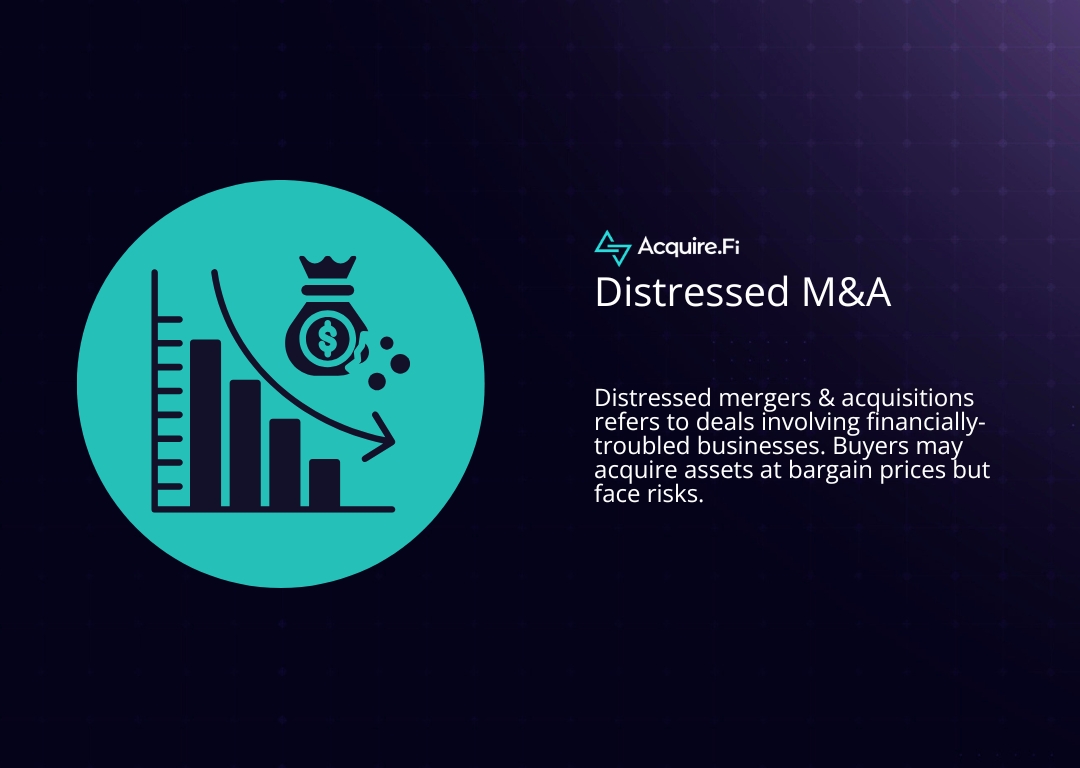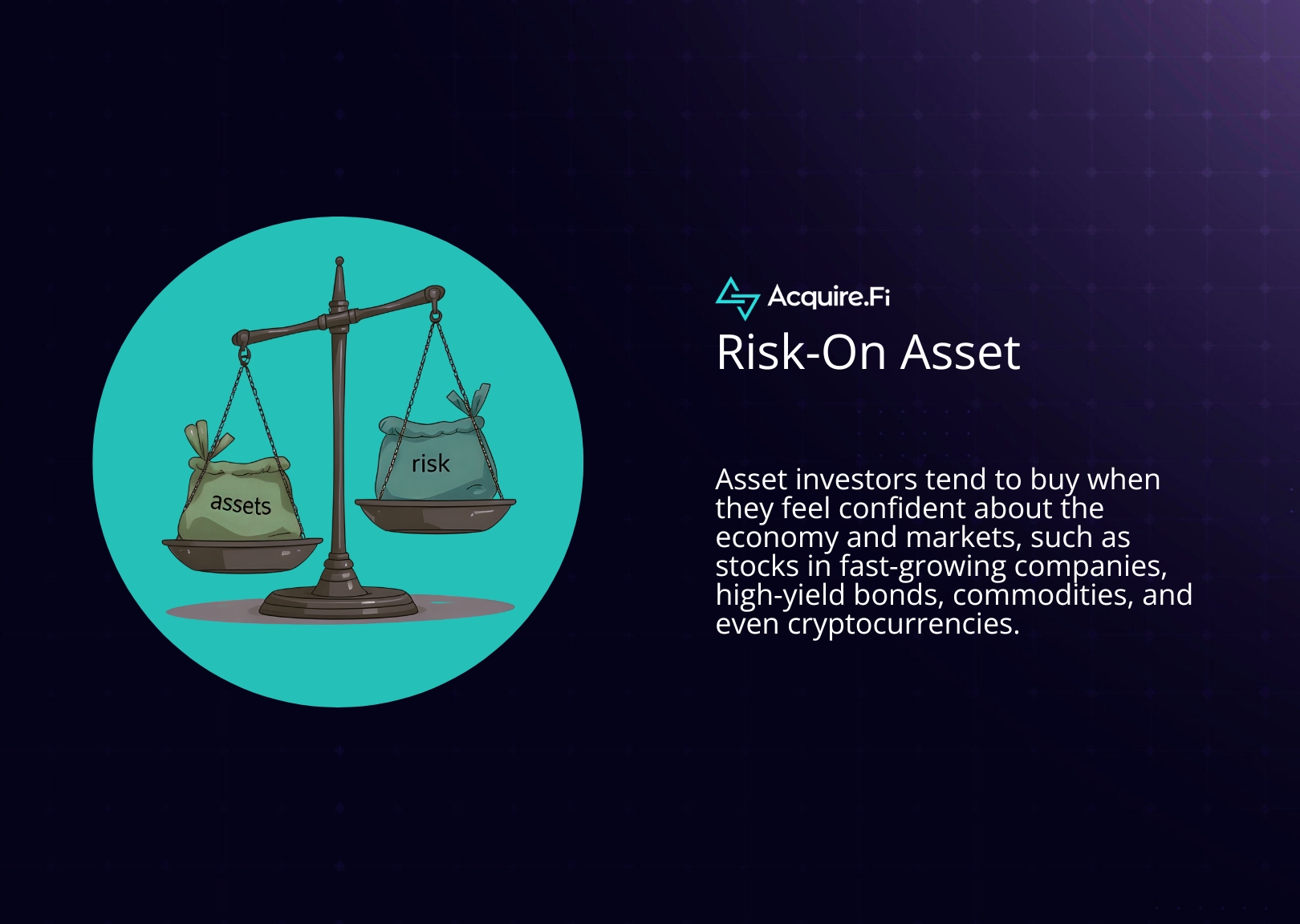Exploring the Value of Investing in a Silver Hedge Fund
Investing in a hedge fund can be an ideal way for investors to diversify their portfolio and gain access to unique investment opportunities. Silver hedge funds, in particular, offer a host of benefits to investors looking to add precious metals to their holdings. In this article, we'll look at what silver hedge funds are and how they operate. We'll also explore the advantages and risks associated with investing in these funds, as well as compare them to other investment options.
Understanding Silver Hedge Funds
What is a Silver Hedge Fund?
A silver hedge fund is essentially a private investment fund that invests primarily in silver and related assets. These funds are usually open only to accredited investors and require a significant minimum investment. Silver hedge funds are often operated by experienced fund managers who utilize different investment strategies to generate profits for their investors.
Investing in silver can be a lucrative venture, especially for those who are willing to take on a higher level of risk. Silver prices can be volatile, but they also have the potential to provide substantial returns. Silver is a precious metal that has been used for centuries as a store of value and as a form of currency. It has many industrial uses, including in the production of electronics, solar panels, and jewelry.
How Silver Hedge Funds Operate
Silver hedge funds usually invest in various forms of silver, such as physical silver, silver futures, or options contracts. They may also invest in silver-mining stocks or exchange-traded funds (ETFs) that track the price of silver. Most silver hedge funds use a combination of these investment types to achieve their investment objectives.
One strategy that silver hedge funds may use is called arbitrage. This involves buying silver in one market and selling it in another market where the price is higher. This can be a profitable strategy if executed correctly, but it requires careful monitoring of market conditions and a deep understanding of the silver market.
Another strategy that silver hedge funds may use is called long/short equity. This involves taking long positions in stocks that are expected to increase in value and short positions in stocks that are expected to decrease in value. This strategy can help to mitigate risk and generate returns in a variety of market conditions.
Key Players in the Silver Hedge Fund Industry
Some of the most prominent silver hedge fund managers include Eric Sprott, David Einhorn, and John Paulson. These managers have established themselves as experts in the silver market and have a track record of delivering substantial returns to their investors.
Eric Sprott is the founder and senior portfolio manager of Sprott Asset Management, a leading Canadian investment firm. He has been investing in silver for over a decade and is known for his bullish outlook on the metal. David Einhorn is the founder and president of Greenlight Capital, a hedge fund that has been investing in silver since 2009. He is a well-respected investor who has been featured in numerous financial publications. John Paulson is the founder and president of Paulson & Co., a hedge fund that has been investing in silver since 2009. He is best known for his successful bet against the subprime mortgage market in 2007.
Investing in a silver hedge fund can be a great way to gain exposure to the silver market and potentially generate substantial returns. However, it is important to carefully consider the risks and benefits before making any investment decisions. It is also important to choose a reputable fund manager with a proven track record of success.
Advantages of Investing in Silver Hedge Funds
Investing in silver hedge funds can be a smart move for investors looking to diversify their portfolios and potentially generate high returns. Silver is a unique asset class that offers a range of benefits, including:
Portfolio Diversification
One of the main benefits of investing in a silver hedge fund is the diversification it provides. Silver has low correlation with other asset classes, such as stocks and bonds, which means adding silver to a portfolio can help to mitigate overall portfolio risk. This is especially important during times of economic uncertainty, when traditional asset classes may experience significant volatility.
By investing in a silver hedge fund, investors can gain exposure to the silver market without having to purchase physical silver themselves. This can be especially beneficial for investors who may not have the expertise or resources to invest in silver directly.
Inflation Protection
Silver has historically been viewed as a hedge against inflation. When the value of fiat currencies decreases due to inflation or economic uncertainty, the value of silver tends to rise. By investing in a silver hedge fund, investors can protect their portfolio from the negative effects of inflation.
Additionally, silver is a finite resource, which means its value may increase over time as supplies become more scarce. This can provide investors with long-term inflation protection and potential capital appreciation.
Potential for High Returns
Silver prices can be volatile, which means there's potential for high returns from investing in silver hedge funds. Some hedge fund managers have a track record of generating annual returns of 20% or more for their investors.
Of course, it's important to remember that past performance is not indicative of future results. Silver prices can be unpredictable, and investors should carefully consider their risk tolerance and investment goals before investing in a silver hedge fund.
Access to Expertise and Strategies
Silver hedge fund managers are experts in the silver market and have access to a range of specialized investment strategies. Investors in these funds can benefit from the managers' expertise and potentially generate higher returns than they would through individual silver investments.
Some hedge funds may specialize in particular areas of the silver market, such as mining companies or silver futures contracts. By investing in these specialized funds, investors can gain exposure to specific areas of the market and potentially generate higher returns.
Overall, investing in a silver hedge fund can be a smart way for investors to diversify their portfolios and potentially generate high returns. However, as with any investment, it's important to carefully consider the risks and benefits before making a decision.
Risks Associated with Silver Hedge Funds
Silver hedge funds are a popular investment vehicle for those looking to gain exposure to the silver market. However, like any investment, there are risks associated with investing in these funds. In this article, we will explore some of the most significant risks associated with silver hedge funds.
Market Volatility
The silver market can be quite volatile, and prices can fluctuate rapidly based on a range of economic and political factors. This volatility can expose investors to risk and ultimately lead to losses. It's essential to understand the risks associated with market volatility before investing in a silver hedge fund.
However, it's worth noting that volatility can also present opportunities for investors. Skilled hedge fund managers can take advantage of market fluctuations to generate positive returns for investors.
Management and Performance Fees
Like all hedge funds, silver hedge funds charge management and performance fees. These fees can significantly reduce an investor's returns and should be carefully considered before making an investment.
Investors should review the fee structure of any hedge fund before making an investment. It's also worth noting that some hedge funds may offer fee discounts for larger investments or longer holding periods.
Limited Liquidity
Silver hedge funds are not as liquid as more traditional investments like stocks and bonds. Investors in these funds may have limited ability to withdraw their money at short notice, which can limit their flexibility.
It's essential to understand the liquidity risks associated with silver hedge funds before investing. Investors should carefully consider their investment horizon and liquidity needs before making an investment.
Regulatory Risks
The regulation of hedge funds can be complex and varies from country to country. Investors in silver hedge funds should be aware of any regulatory risks associated with the jurisdiction in which the fund operates.
Regulatory risks can include changes to tax laws, restrictions on investment strategies, or changes to reporting requirements. Investors should carefully review the regulatory environment before investing in a silver hedge fund.
In conclusion, silver hedge funds can provide investors with exposure to the silver market and the potential for positive returns. However, like all investments, there are risks associated with these funds that investors should carefully consider before making an investment.
Comparing Silver Hedge Funds to Other Investment Options
Silver ETFs and Mutual Funds
Silver exchange-traded funds (ETFs) and mutual funds are another way to invest in silver. However, these funds may not offer the same level of diversification or investment strategies as hedge funds. Additionally, these funds may be subject to higher management fees.
Physical Silver Investments
Investing in physical silver, such as coins or bullion, can be a reliable way to invest in silver. However, this type of investment can be less liquid than investing in silver hedge funds. Additionally, storing and securing physical silver can be costly and require additional resources.
Silver Mining Stocks
Investing in silver-mining stocks can offer exposure to the silver market. However, these stocks can be affected by factors outside of the silver market, such as company-specific risks. Additionally, these stocks may not offer the same level of diversification as investing in a silver hedge fund.
Silver Futures and Options
Investing in silver futures or options can offer high returns but can also be extremely risky. These types of investments require advanced knowledge and experience and are generally not suitable for less experienced investors.
Conclusion
Overall, investing in a silver hedge fund can offer a range of benefits to investors looking to diversify their portfolio and gain exposure to the silver market. However, as with any investment, it's essential to carefully consider the risks and potential rewards before making a decision. By doing so, investors can make an informed decision that aligns with their investment objectives and risk tolerance.











.webp)